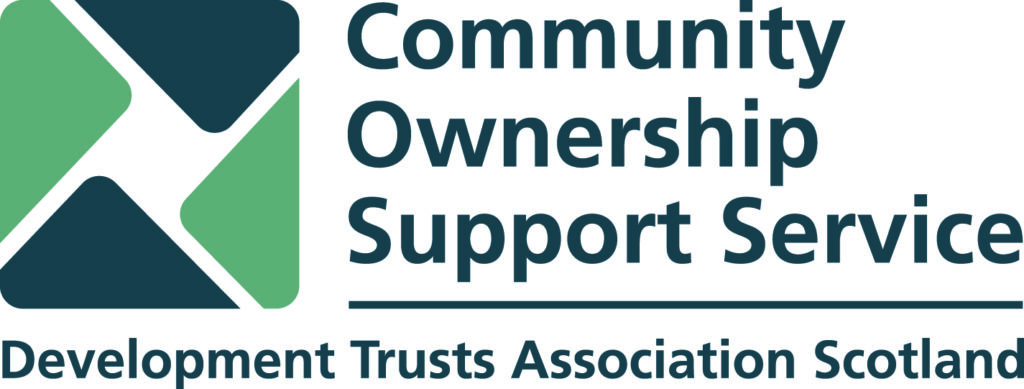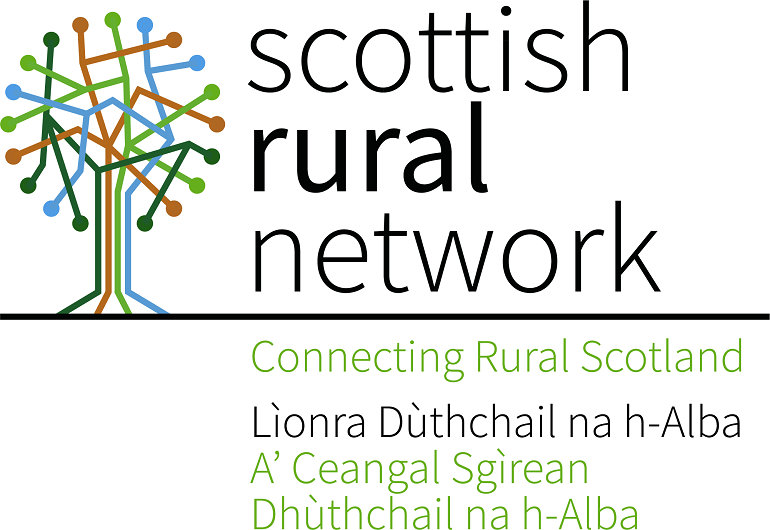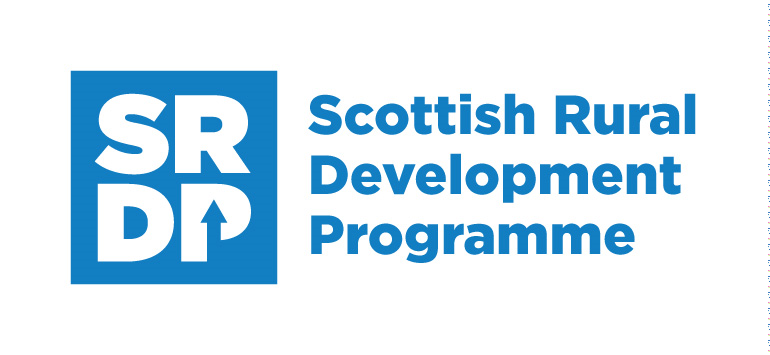Introduction
Village halls are often the heart of a community. They are places for people to gather, learn, access services and have fun. Making sure they are well run and maintained is an important but not always easy role, often fulfilled by committed volunteers and workers.
In this handbook, we'll guide you through the things you need to think about when taking on, running, growing or changing a village or community hall. We'll look at who is needed to run a village hall, legal structures including charities and trusts, and what the responsibilities are for trustees and management committees. And we'll look at things like sustainability and net zero, digital skills and finding funding.
Who is this handbook for?
This handbook is for you if you are involved in a village or community hall as:
- a trustee
- a member of the management committee
- a volunteer
- a staff member
- supporter or user of the space who wants to know more.
There's information for you whether you're at the start of taking on a village hall, or running one that's existed for a long time.
This guide will help you plan and prioritise your activities, whether you're just starting out or having been running for a long time.
South Machars Community Centre in Whithorn, an SCVO member, have created a warm hub of creativity and sustainability. Watch to find out more.
What is a village or community hall?
A village or community hall is a physical space that is used to meet the needs of people who live, work or visit the surrounding area. Village halls are used by a wide range of people, and the space is often rented out to different groups and individuals. They are generally run by and for members of the community.
Sometimes, these spaces are referred to as:
- Community hubs
- Community centres
- Town hall
- Community trust
We've chosen to use village or community halls, or village halls, to cover all of these kinds of spaces and groups. The guidance in this handbook can apply to community centres and hubs in towns and cities too.
Using this handbook
We know there's a lot to think about when running a village hall. Often, you will learn as you go. Learning by doing is a powerful and often for community groups a necessary approach when taking on and running a community space. Mistakes made and learnt from can be an important and worthwhile part of the process. Our guide will help you anticipate what's ahead and plan as well as possible.
This guide will assist you in thinking about this process, providing practical information and guidance, helping to fill gaps in knowledge and signposting to other more detailed support resources available. It can be of help in avoiding common, serious or unnecessary mistakes, mitigating risk and helping to ensure your community space and its operations are:
- Compliant
- Efficient
- Thriving
- Sustainable
- Focused on core activities
Depending on your own situation, you may want to go through all the separate sections of this guide in detail, or focus on some specific priority areas for improvement.
About this handbook
This guidance is produced by SCVO and Community Ownership Support Service (COSS) from Development Trusts Association Scotland (DTAS), with support from Scottish Rural Network, part of the Scottish Government’s Rural Development Programme.
We've been grateful to have support of organisations across Scotland, including lots of village and community halls who have reviewed and fed into early drafts.







